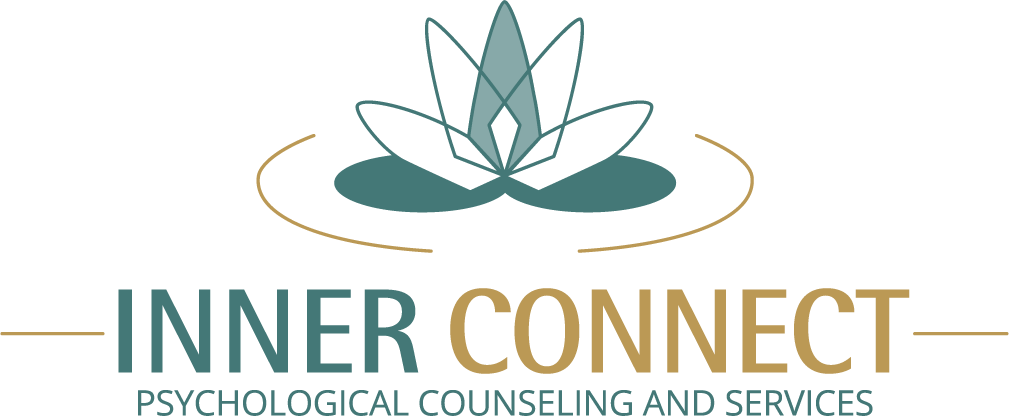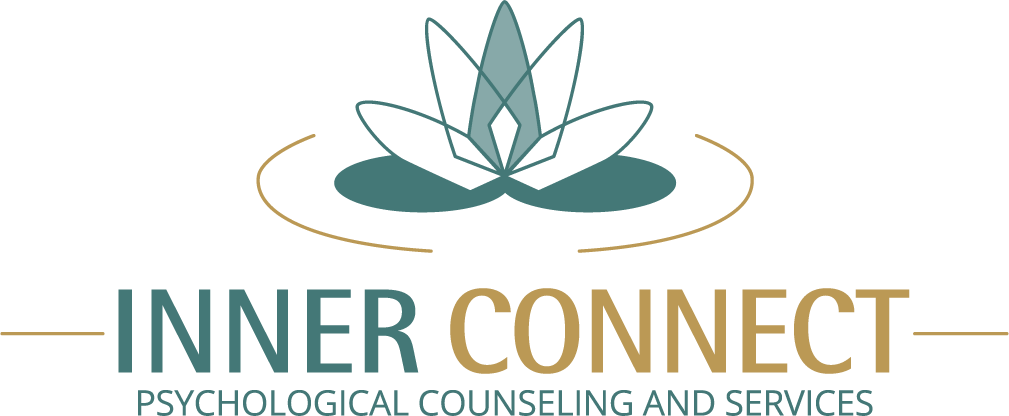
Unhealthy Relationships

Romantic love has perhaps been associated with every kind of feeling, thought, and action; be it healthy or otherwise. From kindness to aggression. From making you see an opportunity for growth in everything to imagining only the worst possible outcomes. From leaving no stone unturned to bring a smile on your partner’s face to inflicting violence on them. From promising to build and nurture lives together to damaging one another. From worshipping your partner to demonising her/him. The “hatred”, “worst possible outcomes”, “damaging”, “violence”, and “demonising” bits with reference to love may not seem pleasant to read, but you know they exist(ed) in varying forms and intensities; if not in your relationship, in someone else’s who you know; if not in the present, some time in the past.
In the words of psychiatrist Robert J. Waldinger, the clearest message from the 75+years old Harvard Study of Adult Development is that “…good relationships (including but not limited to romantic ones) keep us happier and healthier.” Good, close relationships with our partners can buffer us from some of the declines associated with old age and protect our brains and bodies. Relationships have the potential to enhance our well-being. For some, their relationships enable them to find meaning in their existence. However, most relationships do not stay bright and beautiful at all times. And that’s okay. What’s not okay are the times when unpleasantness becomes the normal and defining feature of your relationship.
Katie Hood, the CEO of ‘One Love Foundation’ outlines the following five markers of what an unhealthy relationship looks like:
- A shift from excitement to suffocation–”I want you to be with me, ALL the time.”
- Sowing seeds of doubt about everyone from your pre-relationship life–”How do you even tolerate your friends? They’re dumb and ridiculous.”
- Extreme jealousy with a desperate, angry, threatening edge to it–”Stop talking to that boy/ girl else I’ll hurt myself.”
- Fun conversations turn mean and disrespectful–”You’re dumb. Don’t even try attempting that baby. Your little head will get fried.”
- Frequent high highs and low lows–”breakup-makeup-BREAKUP-MAKEUP…”
A relationship as an enhancer of your well-being is one thing but if you love another person in a way that your entire well-being depends on her/ him loving you back, then it can do you and the person involved more harm than good. Research shows that specific regions of the brain become active when we’re in love. However, some of these very regions also get active when we have cocaine. While we can attribute our need for love and all that we do when we are in love to our biological systems to an extent, it can be empowering to know that we have the ability to learn to love better and be loved in ways that are healthy. After all, biology also accounts for the brain’s ability to undergo changes. In the context of our relationships, we get to determine the nature of these changes.
Take a moment to reflect on the nature of your relationship. Would you consider it healthy for yourself? If you were to use 3-5 adjectives to describe how do you feel being in the relationship, what would these be? Reassess your needs and actions. Relationships require a combination of intent and effort. Does the effort you put into the relationship feel forced or intentional? Has the good in the relationship led you to ignore or trivialise the unhealthy? Acknowledging that something with your relationship does not feel right can be tough. After all, who is going to be overjoyed upon realising that you’re hurting because of the same thing that you thought would bring you joy? Rebuilding a relationship is possible but not always. Sometimes the process of rebuilding paves the way for much healthier relationships. Once rebuilt, they don’t stay healthy by themselves. They’ll have their share of bumps and cracks, and mending them will need the combined intent and effort of both people involved.
A character from the movie ‘Perks of Being a Wallflower’ (2012) written and directed by Stephen Chbosky, said, “We accept the love we think we deserve.”What happens when you think that you and/ or your partner deserves the unhealthy elements? The relationship deteriorates and so can your mental and/ or physical health. We invite you to reframe your understanding of relationships such that love doesn’t have to be an “addiction” or a “burning” passion or “madness” or “crazy” or “sick” or heart”ache”. If healthy lives call for healthy relationships, then healthy relationships first and foremost call for a healthy you. As you venture into reflecting, reassessing, and deciding whether you wish to rebuild your relationship, our therapists can facilitate the process for you. You can do better than simply “falling” in love.
References :
Waldinger, R. (2015). What makes a good life? Lessons from the longest study on happiness – TED Talks. Retrieved June 2020, from https://www.ted.com/search?q=what+makes+a+good+life
Hood, K. (2019). The difference between healthy and unhealthy love – TED Talks. Retrieved June 2020, from https://www.ted.com/talks/katie_hood_the_difference_between_healthy_and_unhealthy_love
Catron, M. L. (2015). A better way to talk about love – TED Talks. Retrieved June 2020, from https://www.ted.com/talks/mandy_len_catron_a_better_way_to_talk_about_love
Fisher, H. (2008). The brain in love – TED Talks. Retrieved June 2020, from https://www.ted.com/talks/helen_fisher_the_brain_in_love/up-next?language=soChbosky, S. (2012). Retrieved June 2020, from https://www.goodreads.com/quotes/2534-we-accept-the-love-we-think-we-deserve



